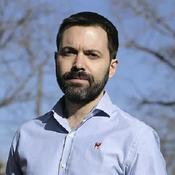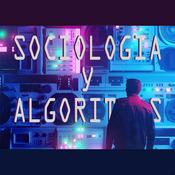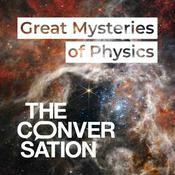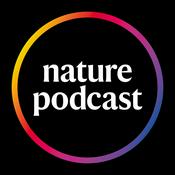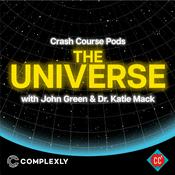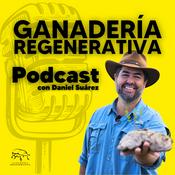12 episodios

Simulation Argument (Epilogue)
05/12/2018 | 48 min
There’s one last thing. Maybe the reason why we don’t see other intelligent life, maybe the reason we are in the astoundingly unique position of having to save the future of the human race, is because we are simulated human beings. It would explain a lot. (Original score by Point Lobo.)Interviewees: Nick Bostrom, Oxford University philosopher and founder of the Future of Humanity Institute; Anders Sandberg, Oxford University philosopher; Seth Shostak, director of SETI Learn more about your ad-choices at https://www.iheartpodcastnetwork.comSee omnystudio.com/listener for privacy information.

End
30/11/2018 | 42 min
Josh explains that to survive the next century or two – to navigate our existential threats – all of us will have to become informed and involved. It will take a movement that gets behind science done right to make it through the Great Filter. (Original score by Point Lobo.) Interviewees: Toby Ord, Oxford University philosopher; Sebastian Farquahar, Oxford University philosopher Learn more about your ad-choices at https://www.iheartpodcastnetwork.comSee omnystudio.com/listener for privacy information.

Embracing Catastrophe
28/11/2018 | 46 min
We humans are our own worst enemies when it comes to what it will take to deal with existential risks. We are loaded with cognitive biases, can’t coordinate on a global scale, and see future generations as freeloaders. Seriously, are we going to survive? (Original score by Point Lobo.)Interviewees: Nick Bostrom, Oxford University philosopher and founder of the Future of Humanity Institute; Toby Ord, Oxford University philosopher; Anders Sandberg, Oxford University philosopher; Sebastian Farquahar, Oxford University philosopher; Eric Johnson, University of Oklahoma professor of law Learn more about your ad-choices at https://www.iheartpodcastnetwork.comSee omnystudio.com/listener for privacy information.

Physics Experiments
23/11/2018 | 1 h 13 min
Surprisingly the field of particle physics poses a handful of existential threats, not just for us humans, but for everything alive on Earth – and in some cases, the entire universe. Poking around on the frontier of scientific understanding has its risks. (Original score by Point Lobo.) Interviewees: Don Lincoln, Fermi National Laboratory senior experimental particle physicist; Ben Shlaer, University of Auckland cosmologist University of Auckland; Daniel Whiteson, University of California, Irvine astrophysicist; Eric Johnson, University of Oklahoma professor of law Learn more about your ad-choices at https://www.iheartpodcastnetwork.comSee omnystudio.com/listener for privacy information.

Biotechnology
21/11/2018 | 57 min
Natural viruses and bacteria can be deadly enough; the 1918 Spanish Flu killed 50 million people in four months. But risky new research, carried out in an unknown number of labs around the world, are creating even more dangerous humanmade pathogens. (Original score by Point Lobo.) Interviewees: Beth Willis, former chair, Containment Laboratory Community Advisory Committee; Dr Lynn Klotz, senior fellow at the Center for Arms Control and Non-Proliferation. Learn more about your ad-choices at https://www.iheartpodcastnetwork.comSee omnystudio.com/listener for privacy information.
Más podcasts de Ciencias
Podcasts a la moda de Ciencias
Acerca de The End Of The World with Josh Clark
Escucha The End Of The World with Josh Clark, Filosofía, Psicología, Historias y muchos más podcasts de todo el mundo con la aplicación de radio.net

Descarga la app gratuita: radio.net
- Añadir radios y podcasts a favoritos
- Transmisión por Wi-Fi y Bluetooth
- Carplay & Android Auto compatible
- Muchas otras funciones de la app
Descarga la app gratuita: radio.net
- Añadir radios y podcasts a favoritos
- Transmisión por Wi-Fi y Bluetooth
- Carplay & Android Auto compatible
- Muchas otras funciones de la app


The End Of The World with Josh Clark
Descarga la app,
Escucha.




